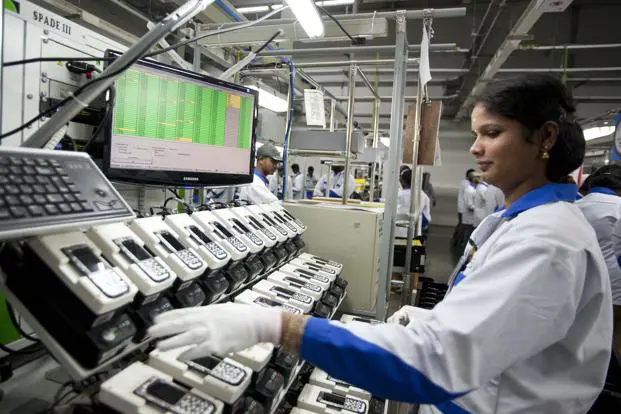India is expected to generate 3 million tonnes of e-scrap this year, up from 2 million tonnes back in 2016, reveals a new report by the Associated Chambers of Commerce and Industry of India (ASSOCHAM). The organisation has voiced concern over the fact that the lion’s share (around 90%) of e-scrap is processed by the country’s informal sector.
The global volume of e-waste generated is expected to reach more than 52 million tonnes or 6.8 kg/ inhabitant by 2021. India has a reputation for being the fourth-largest producer of e-scrap.
Most of the country’s discarded devices represent computer equipment (20%) and mobile phones (12%). The latter is not surprising seeing as India is the world’s second biggest phone producer. ASSOCHAM points out that the country puts no less than 3 million smartphones on the market every year. While this has notably boosted employment in the IT sector, recycling rates are seriously lagging behind.
Ambition vs. reality
The region generating he most e-scrap (19.8%) is Maharashtra, though it recycles only about 47 810 tonnes per annum. Other areas such as Tamil Nadu and Uttar Pradesh generate and recycle 13% and 52 427 tonnes, and 10% 86 130 tonnes, respectively.
Meanwhile, India’s government has set an ambitious goal of collecting and recycling 70% of e-waste by 2023.

Change needs to happen fast. The demand for Indian electronics products worldwide is projected to grow at an annual rate of 41% in the period 2017-2020, it is reported. ASSOCHAM believes that this market will be worth US$ 400 billion by 2020.
Next steps
‘Every stakeholder who is a part of the e-waste ecosystem should be regulated,’ comments Ritu Ghosh, head, corporate affairs and CSR, Panasonic India. ‘Our waste generation is 4.5 times of the waste that is recycled,’ he adds.
‘India is on the cusp of transforming the manufacturing sector,’ declares Sandip Chatterjee, representative of the Ministry of Electronics and Information Technology. In his view, the government’s recycling legislation launched in 2016 has set a new kind of standard. The next step is introducing ‘missing’ practices such as regular auditing of recycling facilities to really make a difference.
Don't hesitate to contact us to share your input and ideas. Subscribe to the magazine or (free) newsletter.



